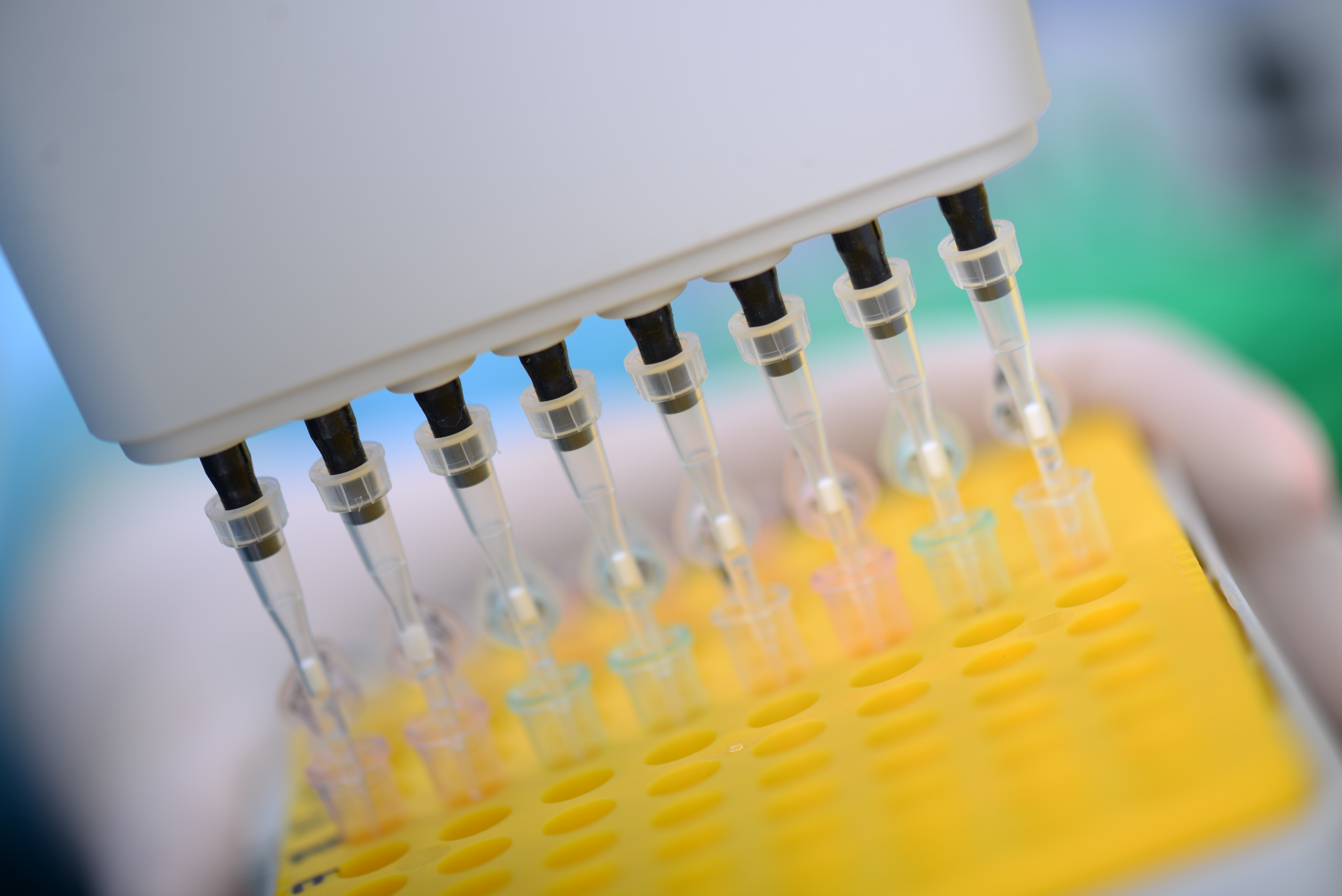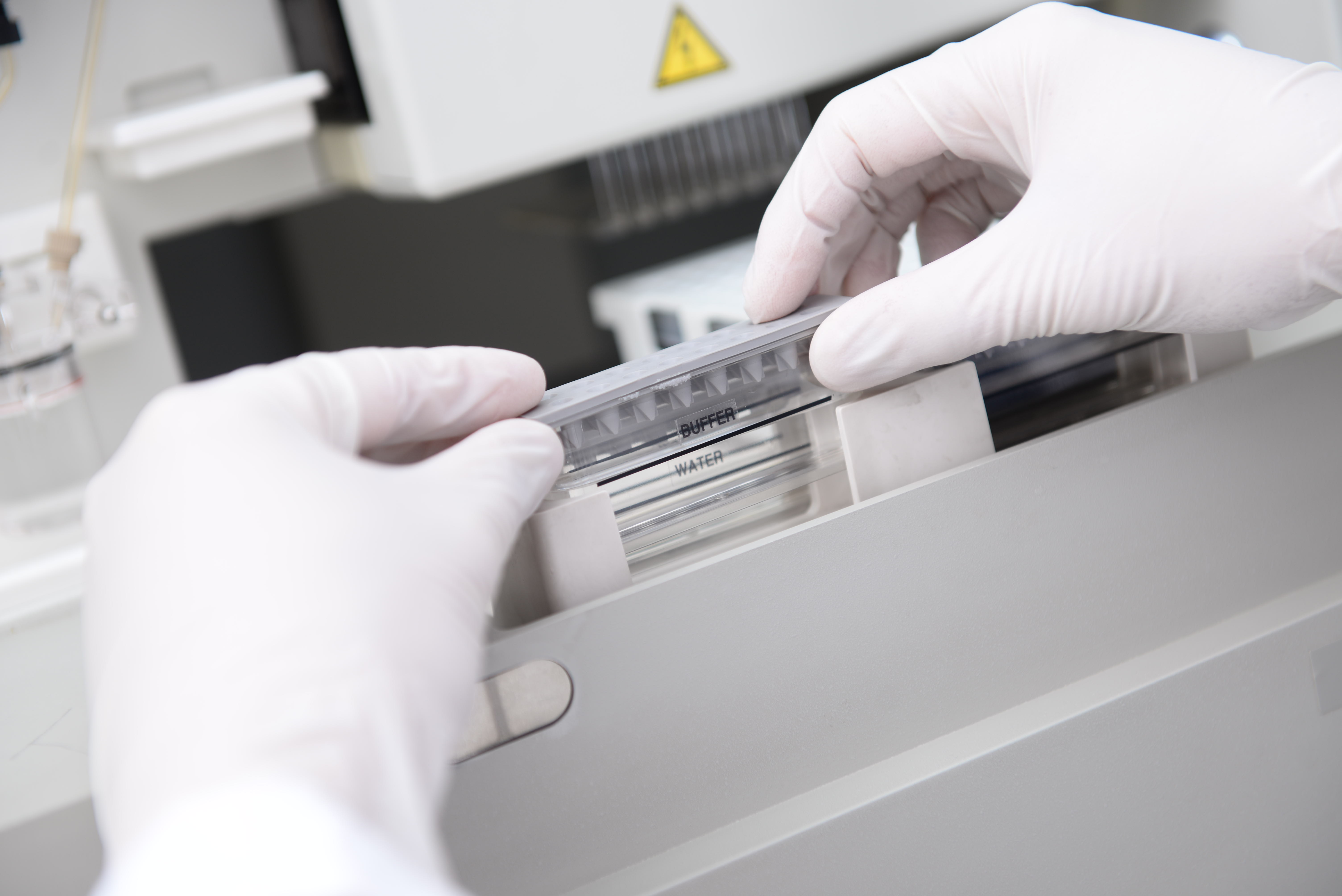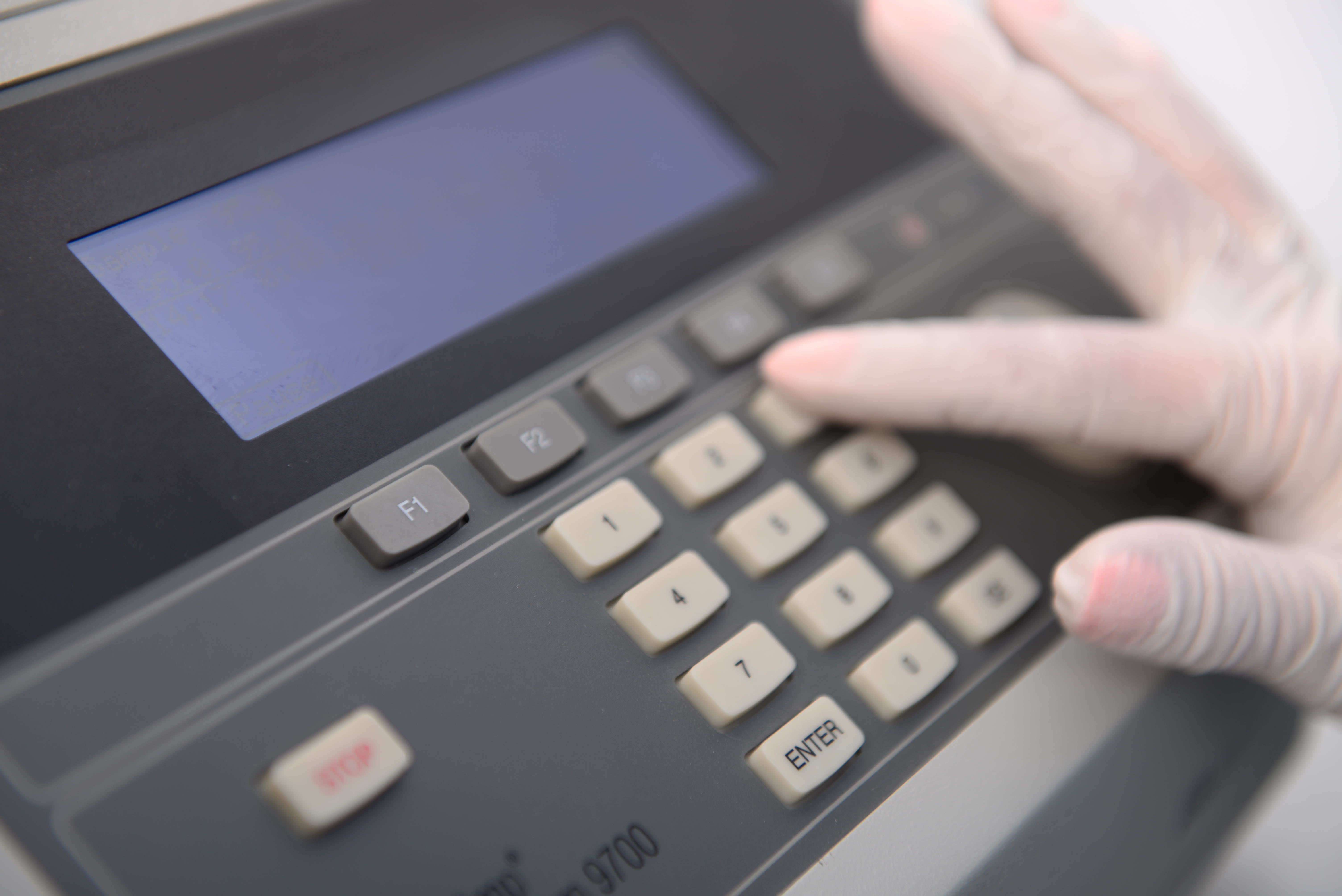
Pre-implantation genetic diagnosis or PGD is a technology that allows genetic testing of an embryo prior to implantation and before pregnancy occurs. The technology is used in conjunction with in vitro fertilization (IVF), and allows only embryos diagnosed as unaffected of a specific genetic disease to be transferred into a woman for pregnancy. Similarly, the testing is performed by removing a single cell from a 3-day or 5-day old embryo and having the cell genetically screened for a specific disease. Types of Pre-implantation Genetic Diagnosis(PGD): PGD for Single Gene Disorders (PGT-M for Monogenic Disorders) is a sophisticated reproductive technology used to test early embryos for specific or single gene disorders.
This treatment is important for couples that have a history of genetic disease which can be passed down to the child e.g., sickle cell anaemia, cystic fibrosis, beta-thalassemia etc. The test is done using Polymerase chain reaction (PCR) & genetic sequencing techniques. A genetic work up is required. It involves blood samples from each partner and may need additional samples from other family members. This work up process ultimately enables scientists to identify all the affected and non-affected DNA patterns in the patient’s embryos. PGD for 24 chromosomes Aneuploidy (PGT-A for 24-chrom Aneuploidy) formerly known as PGS, is now used to describe screening embryos for sporadic chromosome abnormalities. The process is used to test embryos by counting the 24 chromosomes in order to detect an additional or missing chromosome(s) (“aneuploidy”)
The screening helps to reduce the chance of having a child with extra or missing chromosome. The test employs Next Generation Sequencing(NGS) technique. It is recommended for couples with recurrent pregnancy loss, a history of recurrent failed IVF/implantation and for couples whose female partners are 35 years and above. PGD for 5 chromosomes Aneuploidy (PGT-A for 5-chrom Aneuploidy) is used to test 5 chromosomes(13, 18, 21, X &Y) which are involved in the most common syndromes such as: Down syndrome, Turners syndrome, Patau’s syndrome and Edward’s syndrome.
The test employs Next Generation Sequencing(NGS) technique or Fluorescent In Situ Hybridization(FISH) technique using probe set, specific for those 5 chromosomes. It is recommended for couples with recurrent pregnancy loss as well as a history of recurrent failed IVF/implantation, and for couples whose female partners are 35 years and above. PGD for Chromosomal Translocation (PGT-SR for Structural Rearrangements) formerly known as PGD for reciprocal and robertsonian translocations (balanced or unbalanced) or inversions, is used to test embryos for chromosomal abnormalities, abnormal chromosomal positions and rearrangements.
It is recommended for couples with balanced translocation/inversion. The test employs Next Generation Sequencing (NGS) or Fluorescent In Situ Hybridization (FISH) technique by using specific fluorescent probes involving the translocation/inversion locus. PGD for HLA Typing PGD-HLA involves couples with a history of haematological genetic disorders such as beta-thalassaemia, sickle cell anaemia, Fanconi anaemia, Wiscott-Aldrich syndrome and X-linked adrenoleukodystrophy.
In like manner, individuals affected with leukaemia or lymphoma, may benefit from stem cell transplantation, using an HLA-matched, related donor, most often a sibling child. This PGD technique is helpful in two situations: (a) One child with a haematological inherited disorder and his parents need PGD in order to avoid another affected child. At the same time, HLA typing may bring the hope of saving the already affected sibling. (b) One child with a non-inherited disease such as leukaemia, and his parents want to apply PGD with HLA typing alone in order to allow the newborn to be a donor to the sick child. The test is employed using Polymerase chain reaction (PCR) and genetic sequencing techniques.
Powered by Froala Editor
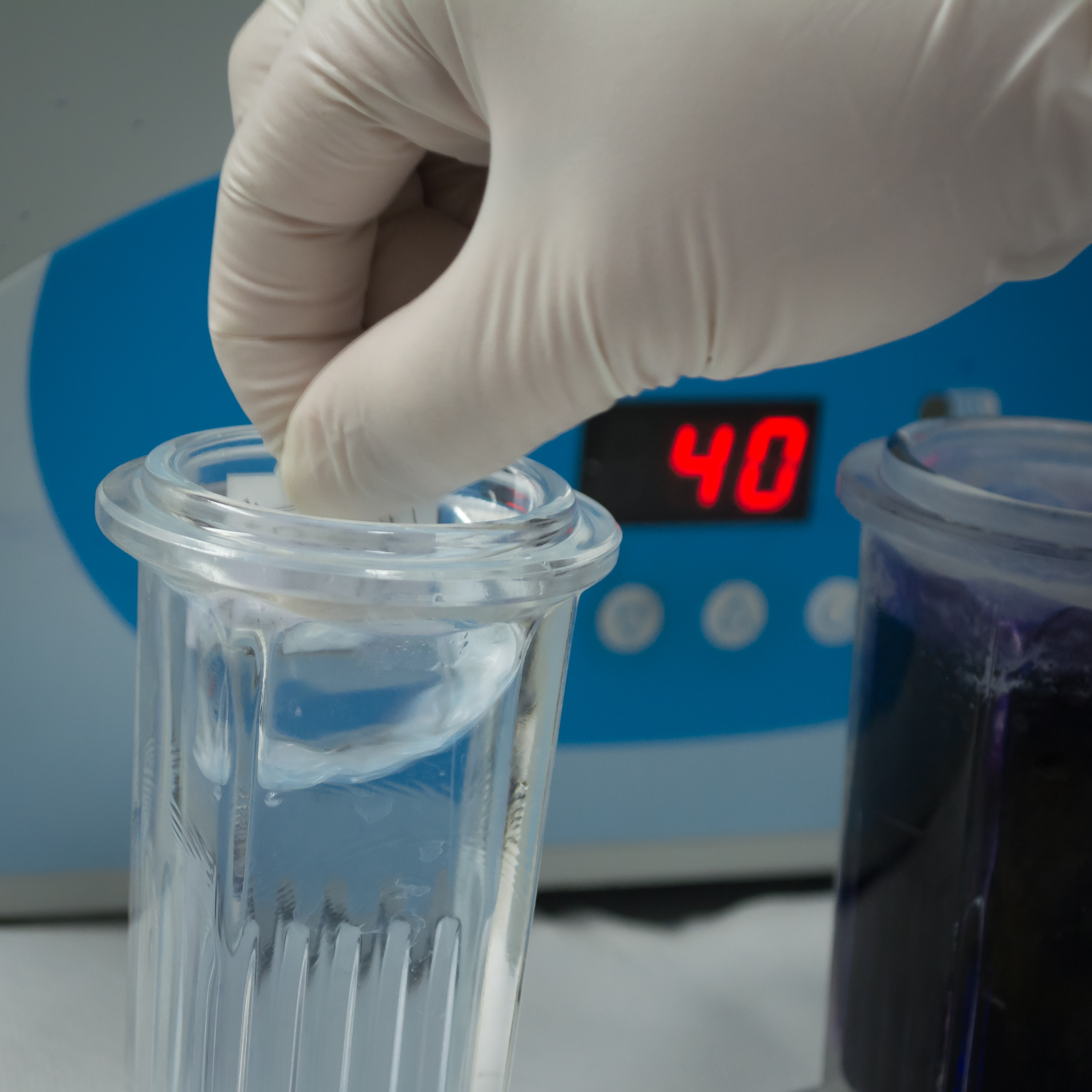
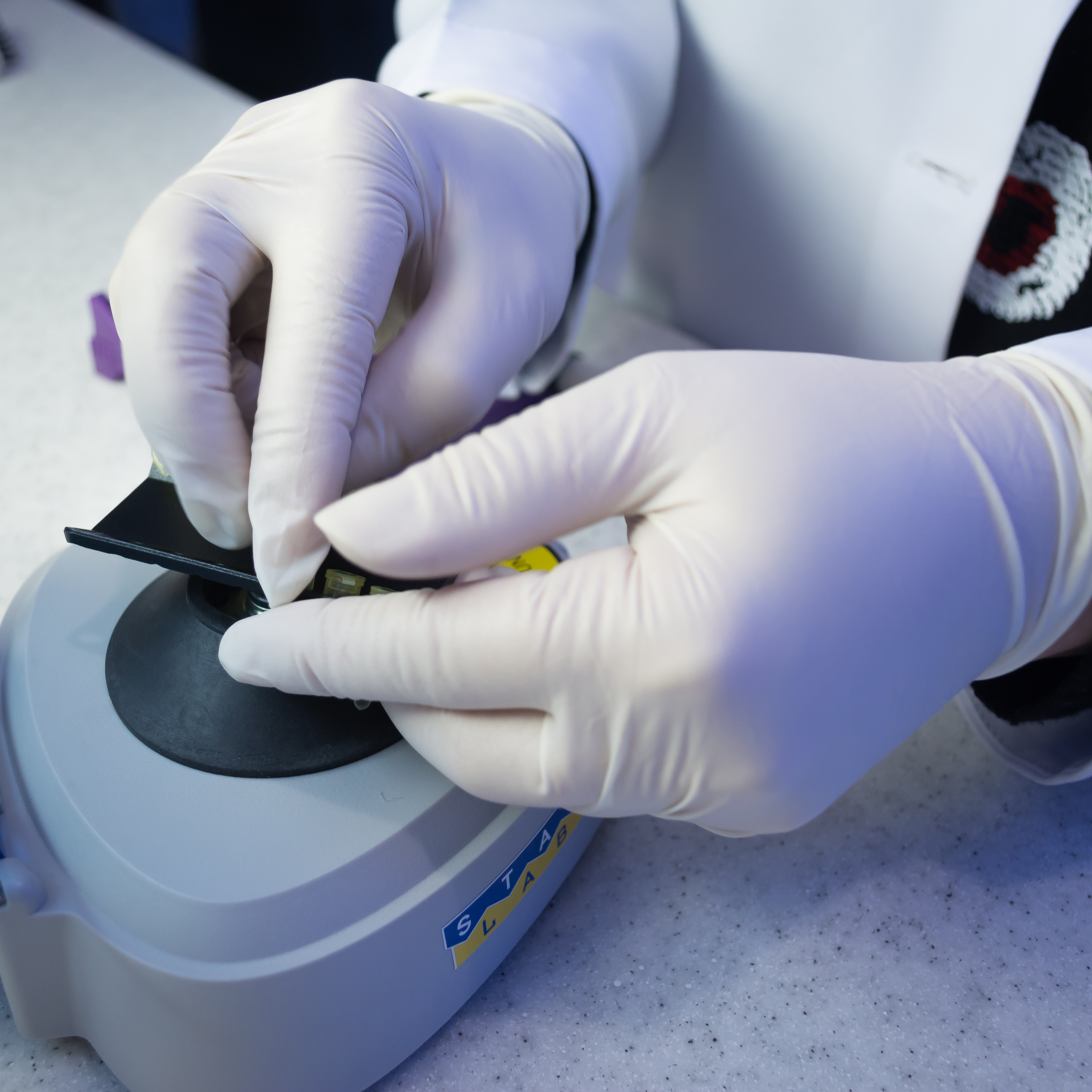
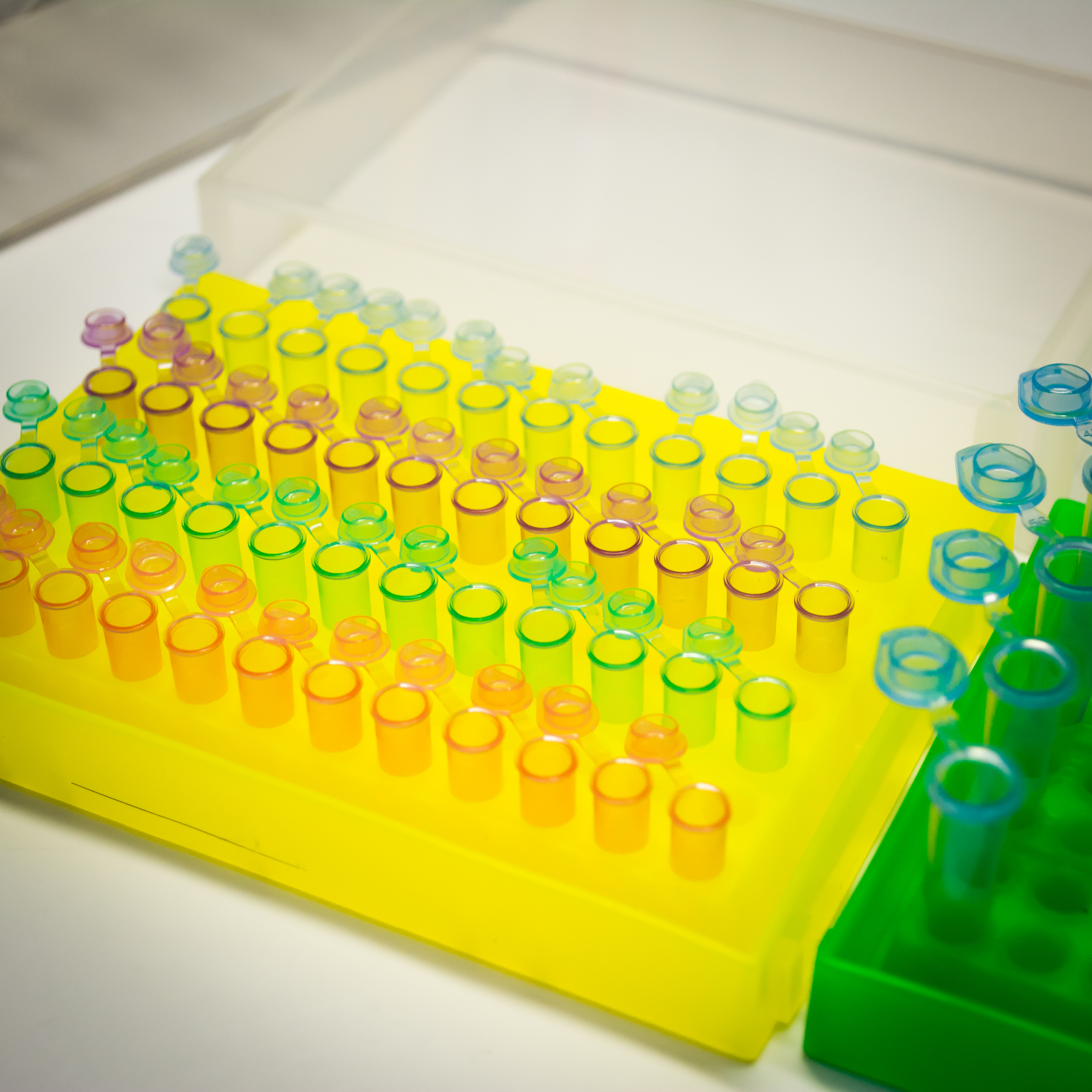
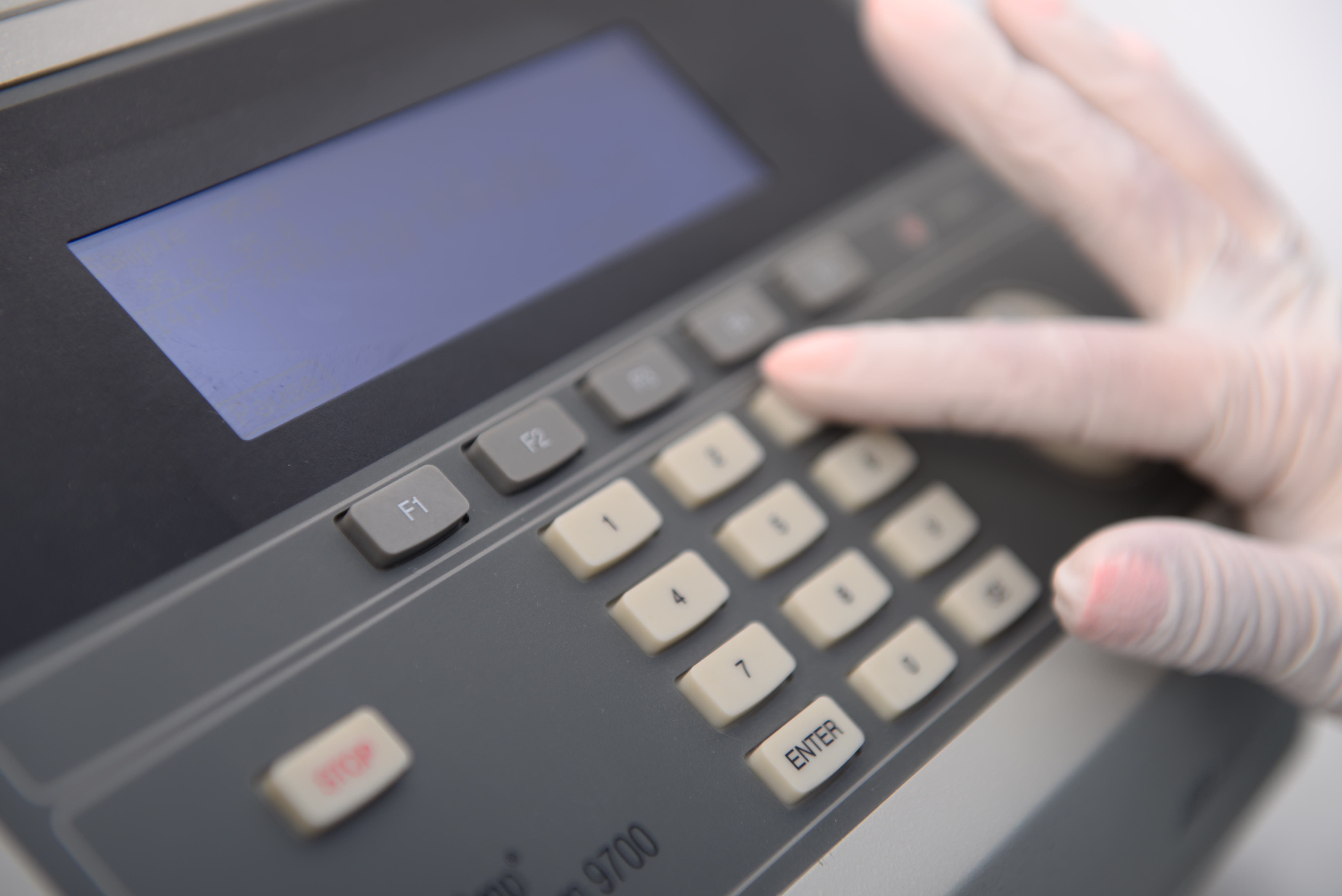
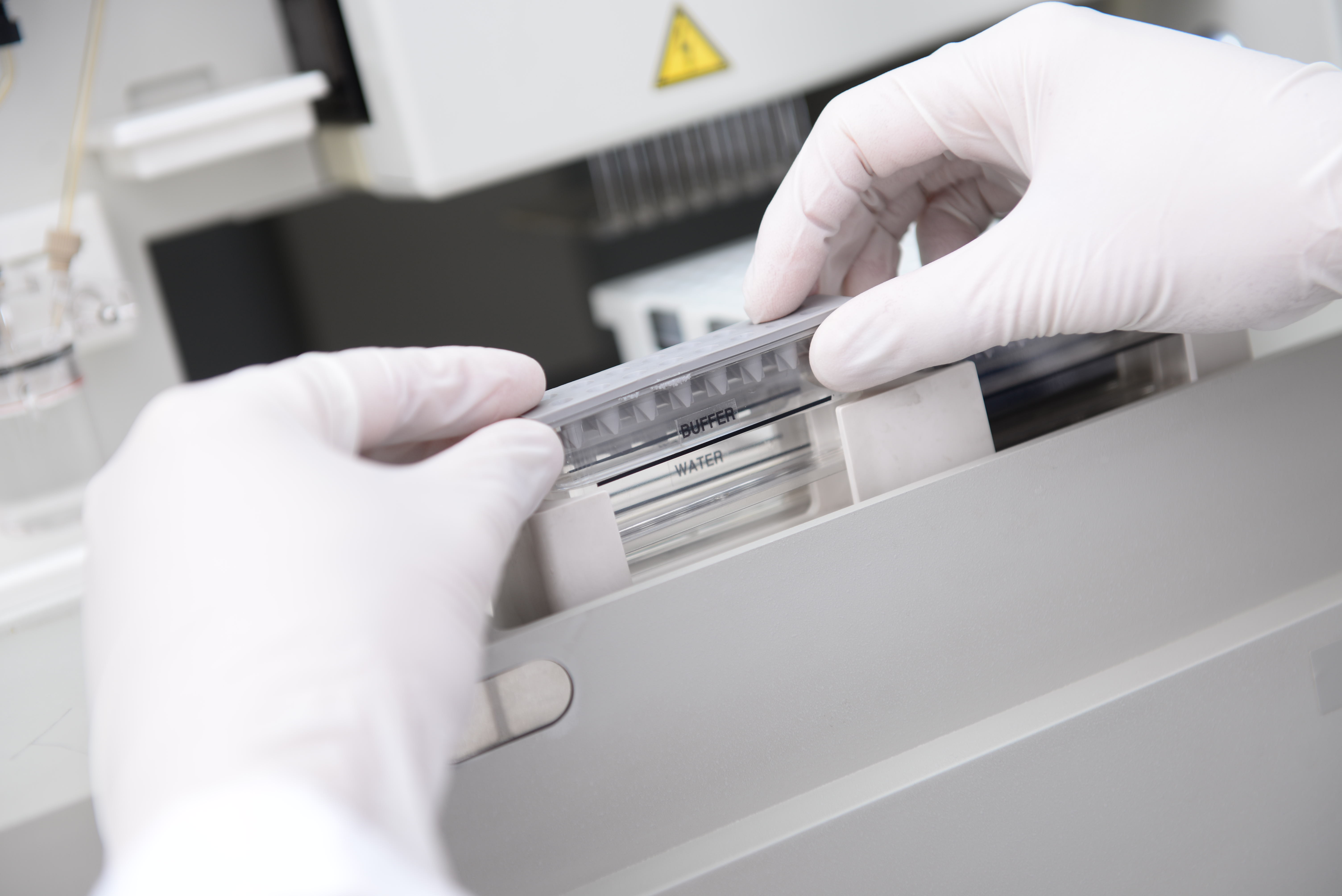
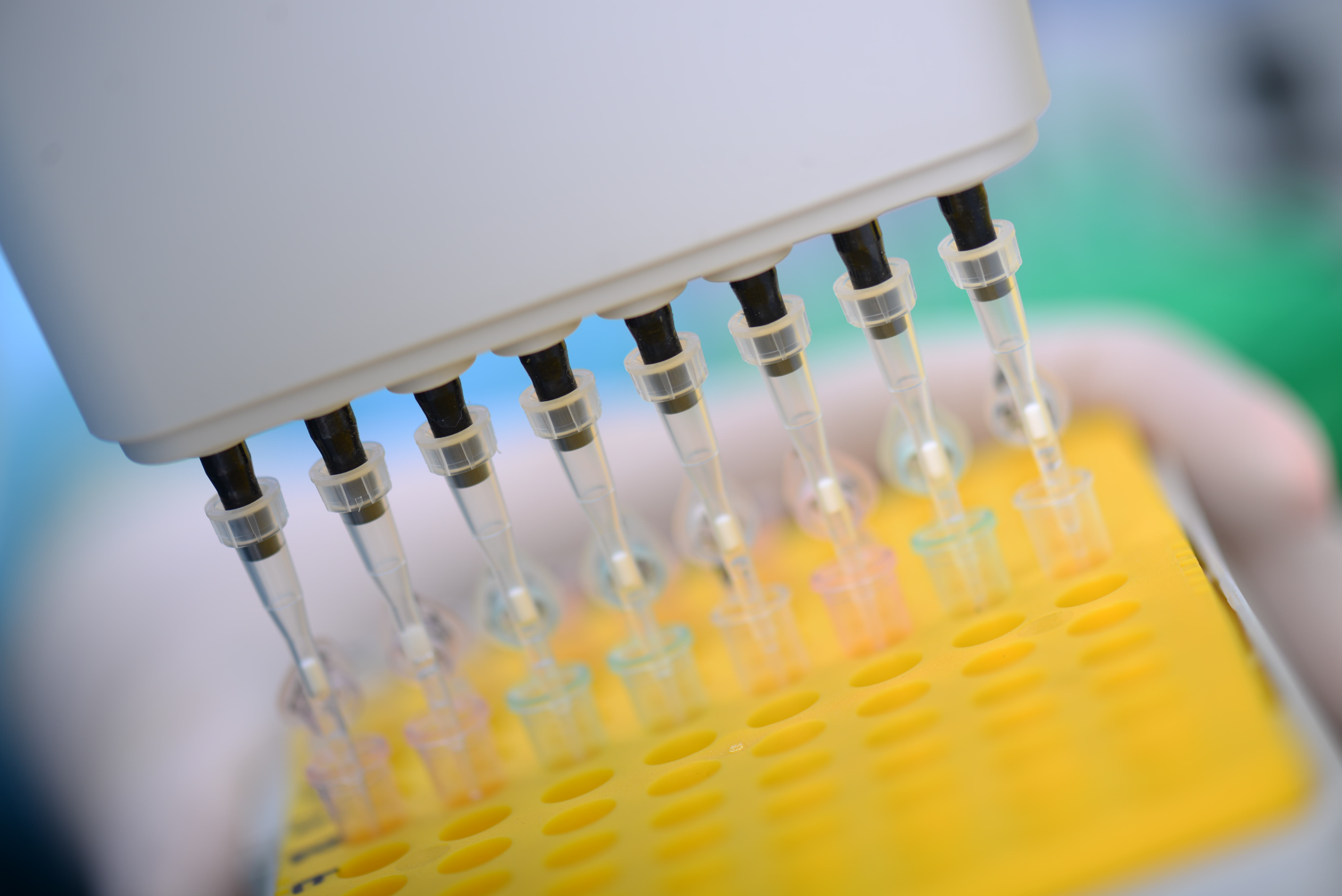
A branch of genetic testing that is concerned with testing of genetic disorders at the gene level. These disorders are caused by mutation or variation in DNA sequencing of a specific gene. Some mutations can lead to serious conditions affecting the survival of the child or restricts the quality of life, while other mutations may cause milder symptoms.
The molecular genetics laboratory can provide various carrier detection testing that can identify whether a person is normal, carrier or affected, therefore it is advised for couples who are planning to do molecular PGD testing or for individuals with family history of known mutation and planning to get married and have children.
Carriers of mutation are not affected themselves but they have a high risk to pass the mutation to their children. Carrier couples who plan to have a child prefer to use molecular PGD testing which will be helpful to manage and prevent passing the mutation to their children which will increase their chances of having a healthy baby .
Types of Molecular testing:
- Target Mutation Detection.
- Full gene sequencing.
- Genetic Disease Panel.
- Whole Exome Sequencing.
- Whole Genome Sequencing.
Powered by Froala Editor
A branch of genetic testing that examines the number and structure of chromosomes using a special technique, this test is called karyotyping or chromosomal analysis. Karyotyping(chromosomal analysis): is analysis of metaphase chromosomes using light microscope to take a photograph of the chromosomes.
It can be run using blood sample, placenta or amniotic fluid and bone marrow cells. Indication for Karyotyping: Infants, children and adults who have symptoms that are suggestive of chromosomal abnormalities such as unexplained short stature, hypogonadism, dysmorphic features. Infertility or Recurrent abortion. Diagnosis of Leukaemia. Abnormalities that maybe detected: Down syndrome (Trisomy 21) Edward syndrome (Trisomy 18) Patau syndrome (Trisomy 13) Klinefelter's syndrome (XXY) Turner syndrome (X) Reciprocal and Robertsonian translocation which leads gain or loss of genetic material Chromosomal microarray analysis (CMA) is a molecular cytogenetic method for analyzing copy number variations.
Enables detection of known and novel structural aberrations, such as copy number variations (CNVs), chromosomal imbalances, regions exhibiting loss/absence of heterozygosity (LOH), uniparental isodisomy (UPD), and mosaicism.
Chromosomal microarray analysis is recommended as a first-step analysis for individuals with signs of intellectual disability, developmental delay, autism spectrum disorder, or multiple congenital anomalies, as it provides comprehensive genetic testing for the most common chromosomal conditions as well as a large number of severe genetic conditions not detected by traditional chromosome analysis. Additionally, it enables the detection of copy number variations and/or large deletions/duplications.
Powered by Froala Editor
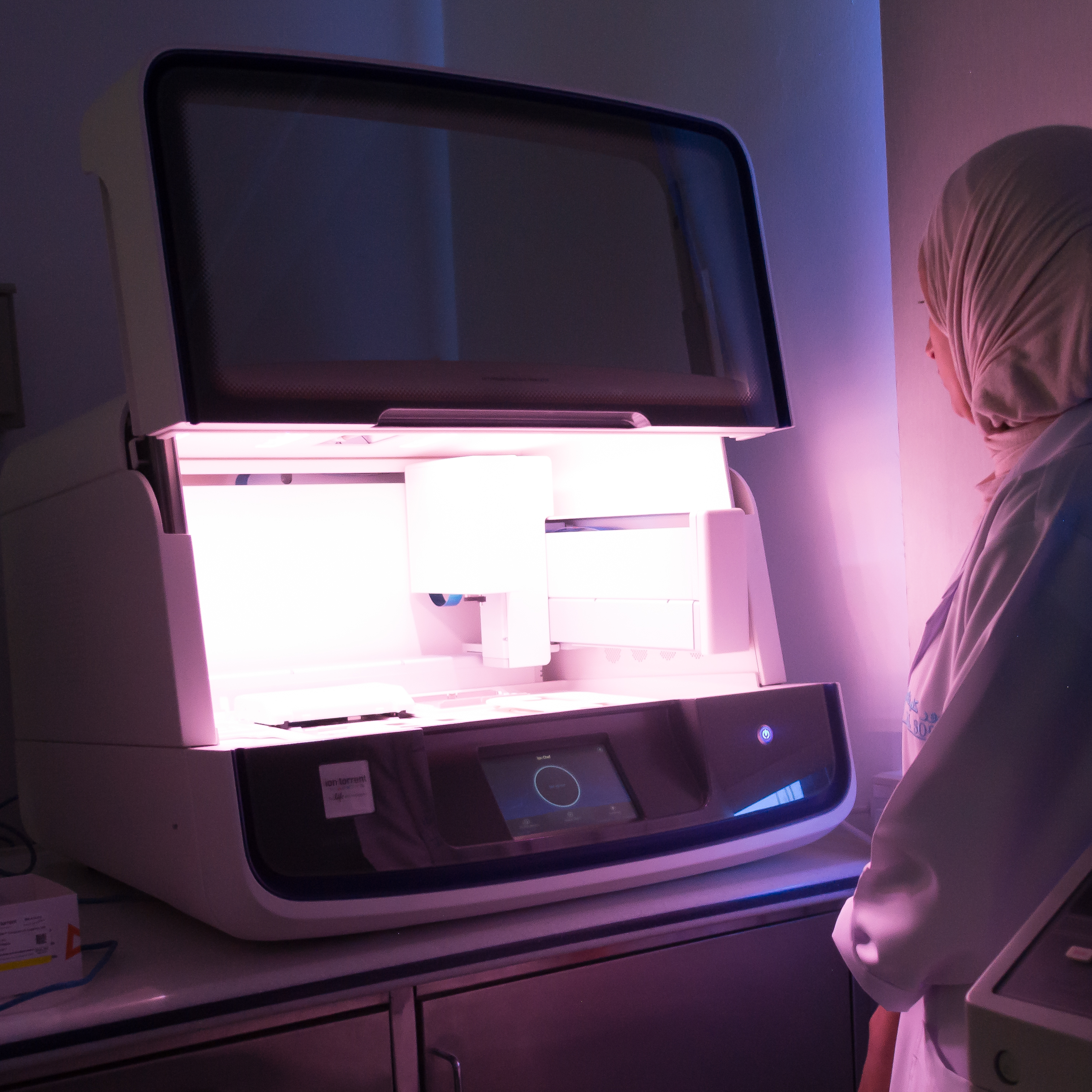
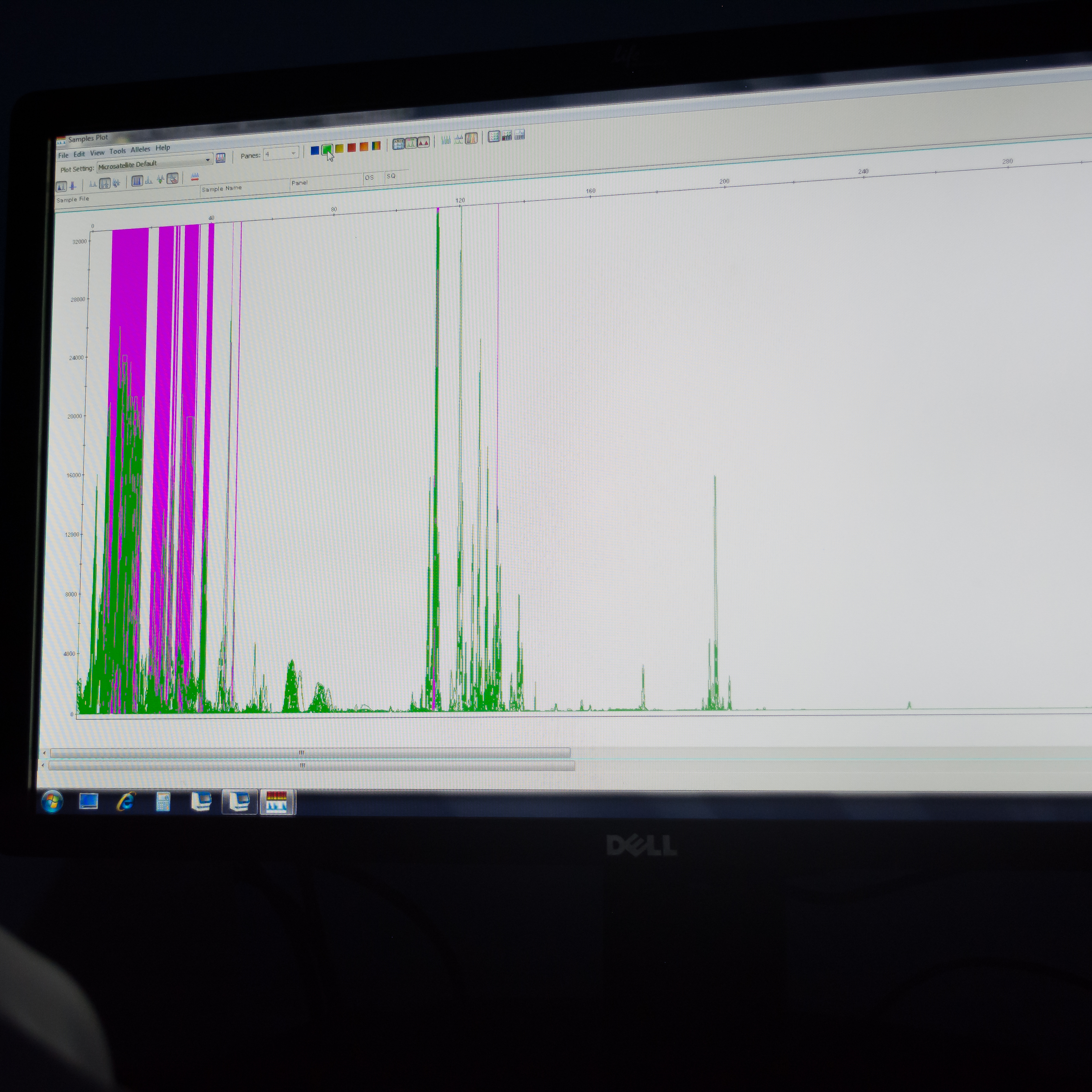
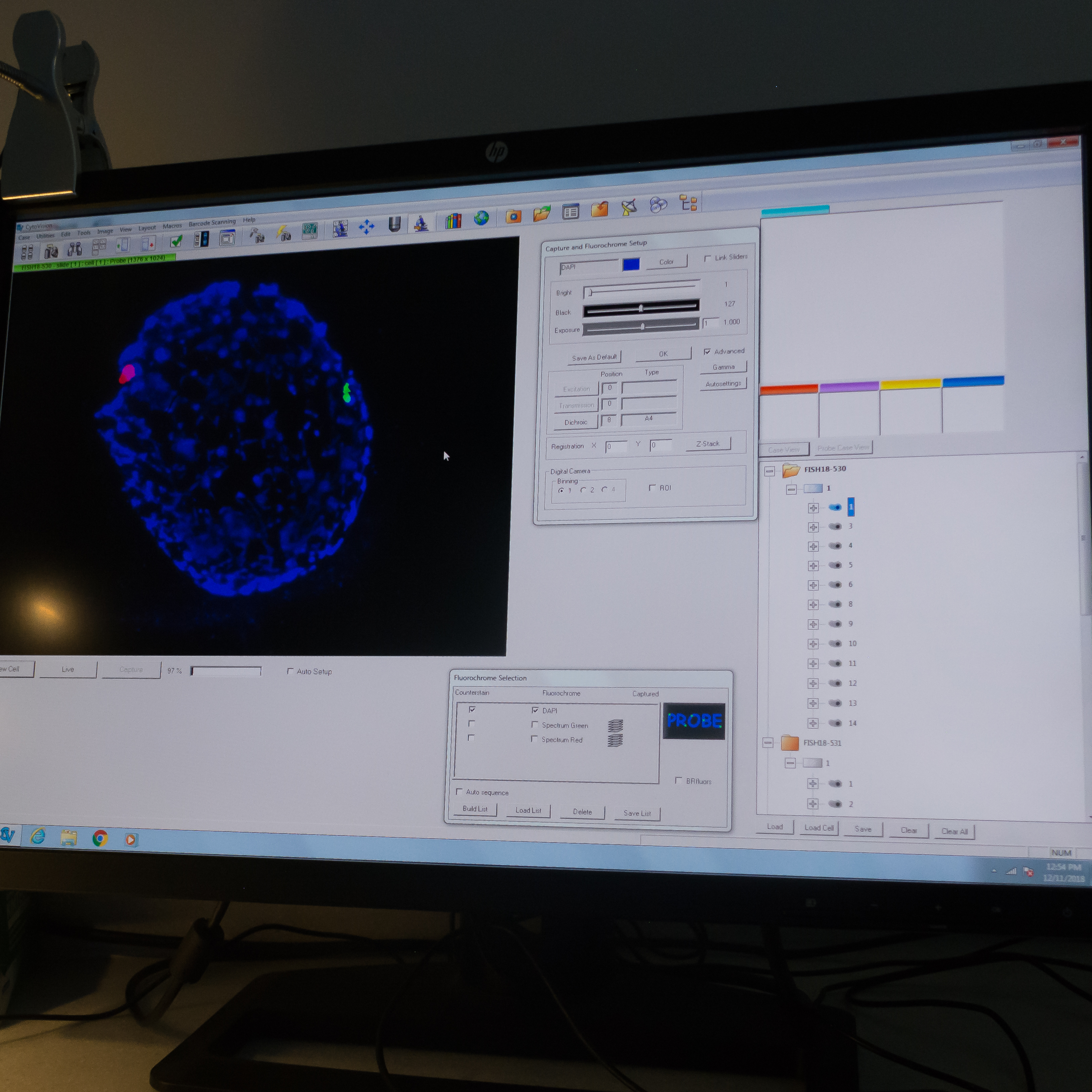
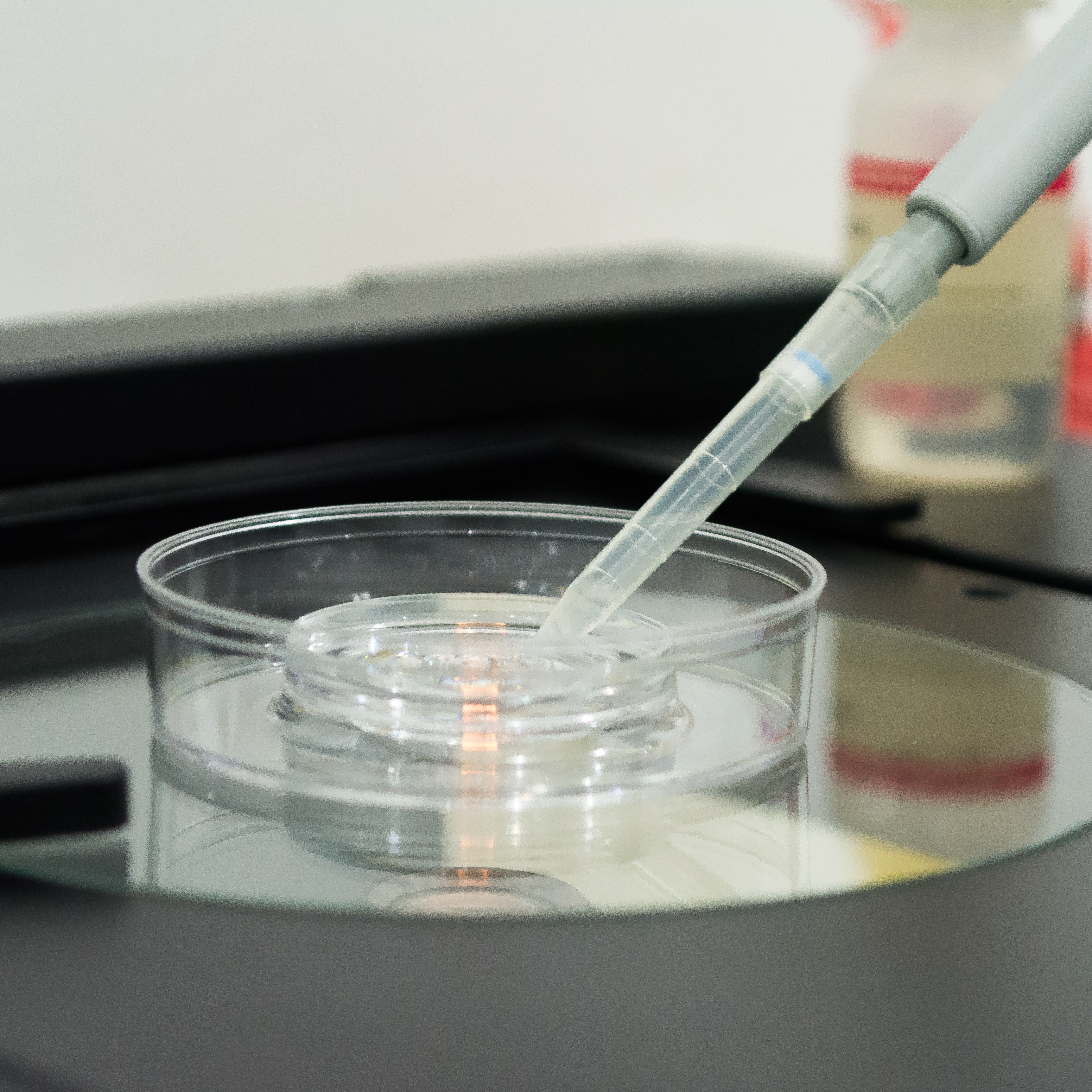
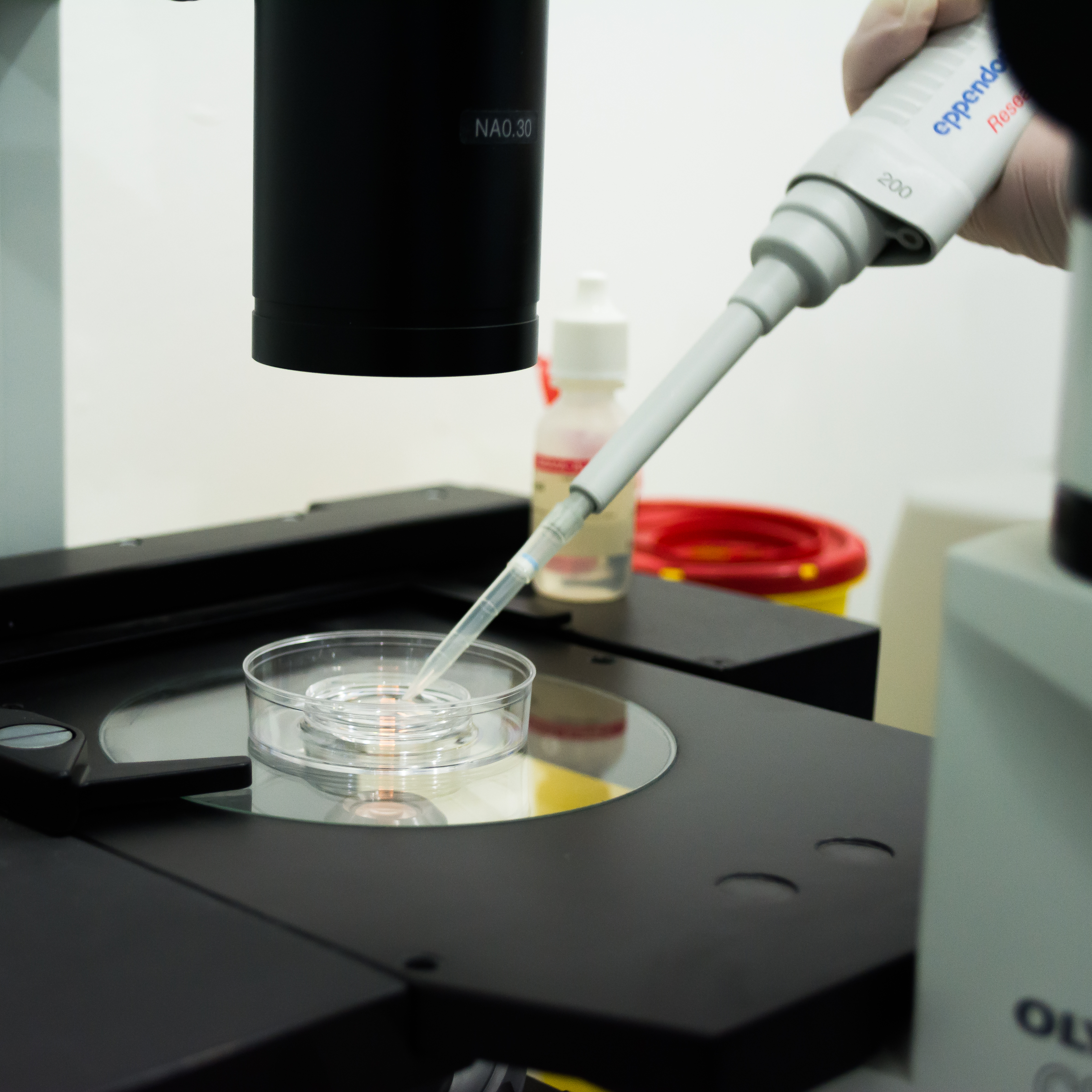
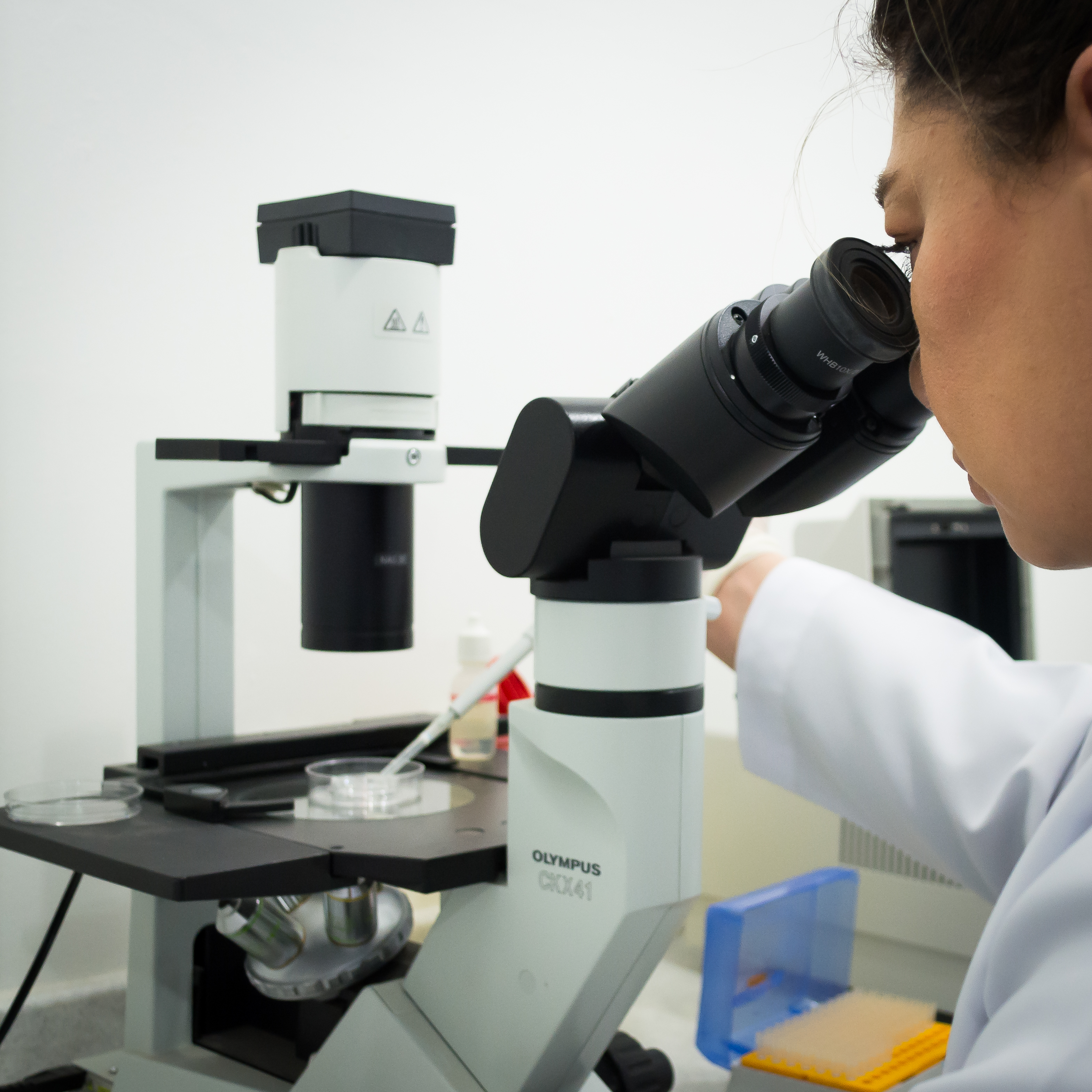
Prenatal diagnosis is a test performed during pregnancy to determine the health of the unborn fetus. Congenital anomalies account for 20 to 25% of perinatal deaths. Prenatal diagnosis is carried out to perform genetic testing of the fetus to conclude if the developing baby has a genetic problem.
There are a variety of non-invasive and invasive techniques available for prenatal diagnosis. Each of them can be applied only during specific periods of gestational age .
The non-invasive techniques includes:
Non invasive prenatal testing (NIPT):
Non invasive prenatal diagnosis (NIPT) is a simple blood test without any risk to the mother or the baby, in which a blood sample is collected from the mother. This technique makes use of the phenomenon of fetal blood cells gaining access to maternal circulation through the placental villi. Only a very small number of fetal cells or cell free DNA enter the maternal circulation in this fashion that can be tested for the most common fetal chromosomal aneuploidies including chromosomes 13,18,21,X and Y. NIPD is done starting from 10 weeks of gestational age.
The invasive techniques includes:
Amniocentesis:
This is an invasive procedure in which a sample of the amniotic fluid is collected by special needle that is passed through the mother's lower abdomen into the amniotic cavity inside the uterus. Amniocentesis is performed between 14 and 20 weeks gestation. However, an ultrasound examination always proceeds amniocentesis in order to determine gestational age, and provides a better visualization of the fetus and placenta. Within the amniotic fluid are fetal cells which can be tested for chromosome analysis, biochemical analysis, and molecular genetic analysis.
Risks with amniocentesis are uncommon, it includes fetal loss and maternal Rh sensitization. The increased risk for fetal mortality following amniocentesis is about 0.5% above what would normally be expected.
Chorionic Villus Sampling (CVS)
In this procedure, a sample from the placental chorionic villi is collected by a catheter or specialised syringe that is passed either through the vagina or transabdominally under ultrasound guidance. These cells can be tested for chromosome analysis, biochemical analysis, and molecular genetic analysis. CVS can be safely performed between 9.5 and 12.5 weeks gestation. The risk of CVS include morbidity for the fetus at a rate of 0.5 to 1% higher than for women undergoing amniocentesis. The possibility of maternal Rh sensitization is present. There is also the possibility that maternal blood cells contamination when the sample is collected.
Powered by Froala Editor
The Clinical Laboratory provide Accurate and timely testing of biological specimens to aid in the diagnosis, evaluation and treatment of diseases. Clinical laboratory services are available for all patients, we collaborate with world-wide central laboratories for specialized investigations.
Our services cover all clinical laboratory diagnostics, among which:
Haematology Biochemistry and Hormones
Clinical Immunology and Serology
Microbiology
Endocrinology and Oncology
COVID-19 PCR testing
COVID-19 Rapid Test Kits(Tests based on agglutination, immuno-chromatographic, immuno-dot, and/or immuno-filtration techniques.)
COVID-19 antibody testing
Powered by Froala Editor
